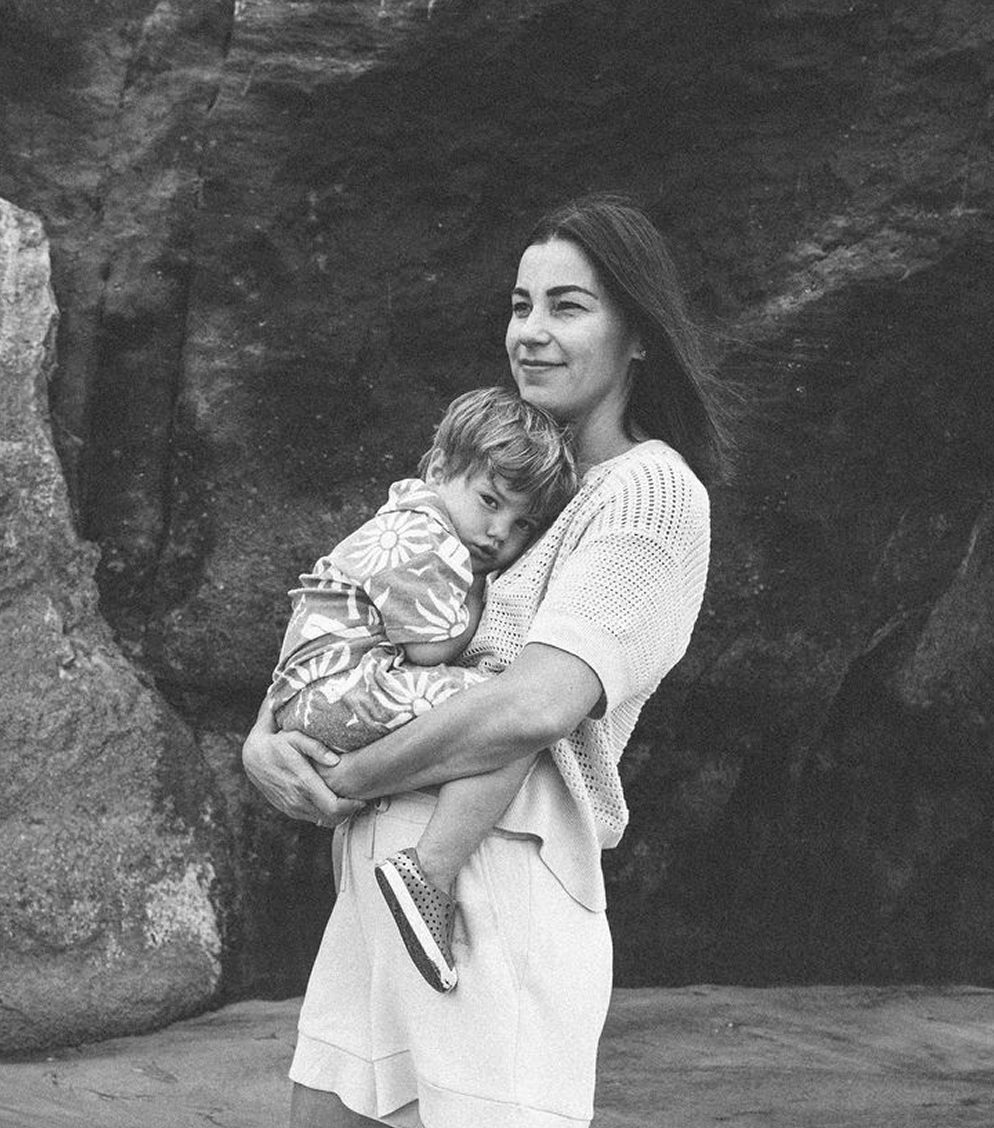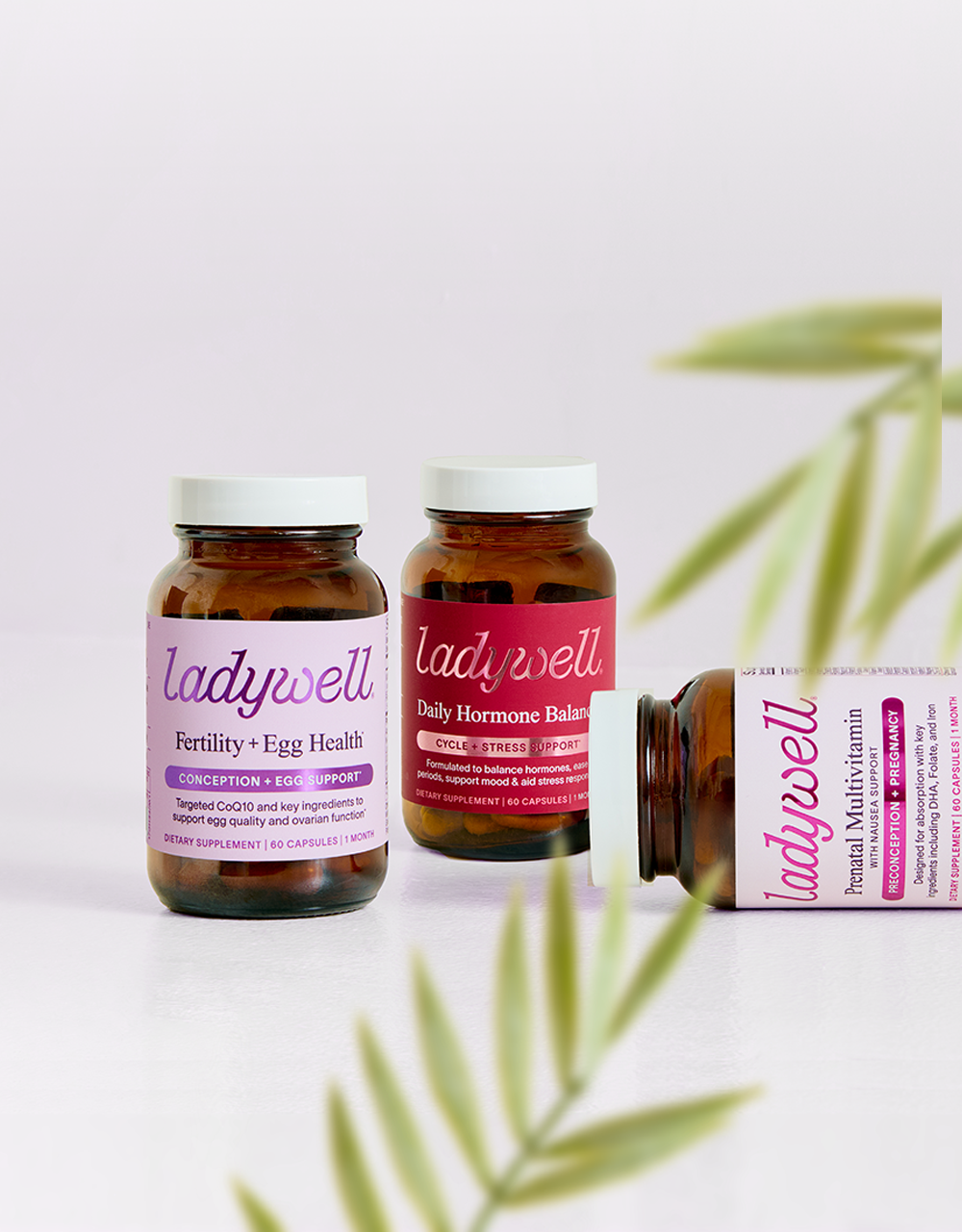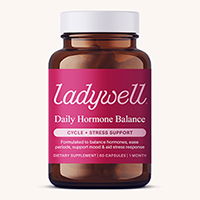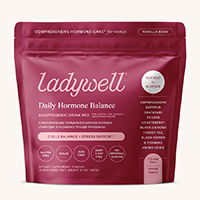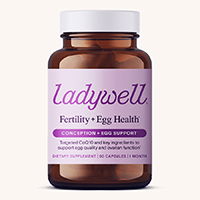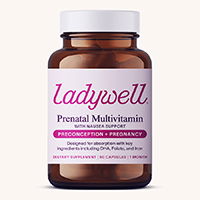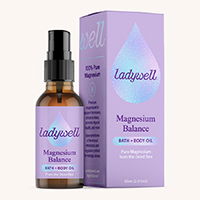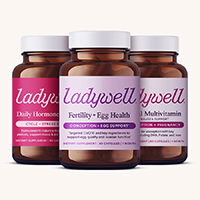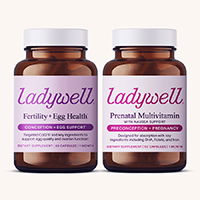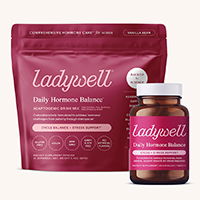The Importance of Postpartum Nutrition
The moment you become pregnant, your focus shifts to supporting your baby’s health. You may cut back on caffeine, take your prenatal vitamins religiously, and prioritize a nutrient-rich diet. If you’re lucky, you even manage to get some extra rest. But what happens after birth?
For many women, once the baby arrives, self-care becomes much more challenging. Sleep is inconsistent, meals are rushed, and exhaustion makes it easy to neglect personal well-being. The demands of motherhood often take priority over a new mom’s nutritional needs. However, continuing to take supplements postpartum is essential to replenish nutrient stores, support recovery, and sustain energy levels.
What Is Postpartum Depletion?
While “postpartum depletion” isn’t an official medical diagnosis, it describes the physical, emotional, and mental exhaustion many women experience after childbirth. The postpartum period places immense demands on the body, requiring increased energy and nutrients to recover from labor, support hormonal balance, and, for breastfeeding moms, provide nourishment to their baby.
Common signs of postpartum depletion include:
- Fatigue and low energy
- Hair loss or slow regrowth
- Brain fog and difficulty concentrating
- Mood swings or low libido
- Digestive issues
Without proper nutrition and supplementation, these symptoms can persist for months or even years, making postpartum recovery more challenging.
Why Your Nutrient Needs Are Higher Postpartum
Postpartum recovery requires more nutrients than pregnancy. Here’s why:
- Your body must replenish nutrients lost during labor, including blood loss and depleted energy stores.
- Healing from childbirth—whether vaginal or cesarean—requires extra protein, collagen, and vitamins.
- Your uterus needs time and resources to shrink back to its pre-pregnancy size.
- If you’re breastfeeding, your body prioritizes nutrients for milk production, often at the expense of your own health.
- If you didn’t take a high-quality prenatal vitamin consistently, your nutrient stores may already be depleted.
How to Support Your Body Postpartum
A combination of nutrient-dense foods and continued supplementation can help your body recover and maintain optimal health.
Best Foods for Postpartum Healing
Traditional cultures have long recognized the importance of nutrient-rich foods for postpartum recovery. The best foods to include in your diet are:
- Iron-rich foods (red meat, organ meats, oysters) to replenish blood loss.
- Healthy fats (avocados, ghee, coconut oil, fatty fish) to support hormone production.
- Collagen and glycine-rich foods (bone broth, slow-cooked meats, skin-on poultry) to aid tissue healing.
- Choline and omega-3s (eggs, fatty fish, liver) to support brain function, mood, and immune health.
- Electrolytes and minerals (sea salt, bone broth, cooked vegetables) to replenish hydration and aid recovery.
If preparing these meals daily isn’t feasible, consider using meal delivery services, meal trains, or quick-prep options like slow cooker meals, frozen veggies, and pre-made broth.
Key Postpartum Supplements
While food should be the foundation of your nutrition, supplementation helps bridge nutritional gaps and ensures optimal recovery. Here are the essential supplements to continue postpartum:
- Prenatal Vitamin – Continue taking your prenatal for at least six months postpartum, longer if breastfeeding or experiencing depletion.
- Vitamin D – Breastfed babies don’t get enough vitamin D from milk alone, making maternal supplementation crucial.
- Omega-3 (DHA/EPA) – Supports brain health, reduces inflammation, and helps balance mood postpartum.
- Choline – Critical for postpartum brain function, metabolism, and overall recovery (most prenatals don’t contain enough).
- Collagen – Supports tissue healing, skin elasticity, hair regrowth, and pelvic floor recovery.
- Probiotic – Helps balance gut health, supports digestion, and contributes to a healthy microbiome for both mom and baby.
- Iron (if needed) – Postpartum blood loss can leave women anemic; have your iron levels checked to determine if supplementation is necessary.
For added support, adaptogens and herbs can help manage stress and improve sleep, which are often disrupted during the postpartum period.
Final Thoughts
Motherhood is a demanding transition, and taking care of yourself is just as important as caring for your baby. Continuing supplementation postpartum ensures that your body gets the nutrients it needs to heal, restore energy, and prevent long-term depletion. By focusing on a nutrient-dense diet and high-quality supplements, you can support your recovery, improve your well-being, and sustain the demands of new motherhood with greater ease.
Disclaimer
The information provided in this blog is for educational purposes only and is not intended as a substitute for professional medical advice. Always consult a qualified healthcare provider before making any changes to your health regimen, especially if you are pregnant, nursing, or taking any medications.



